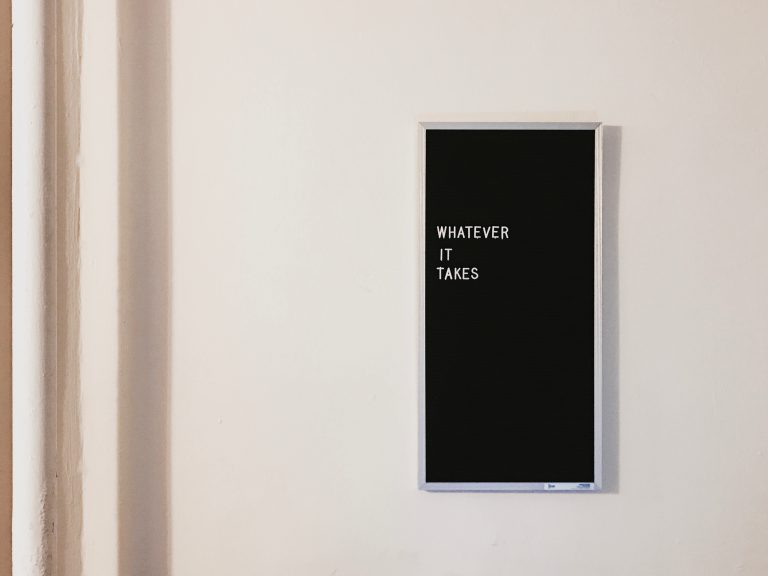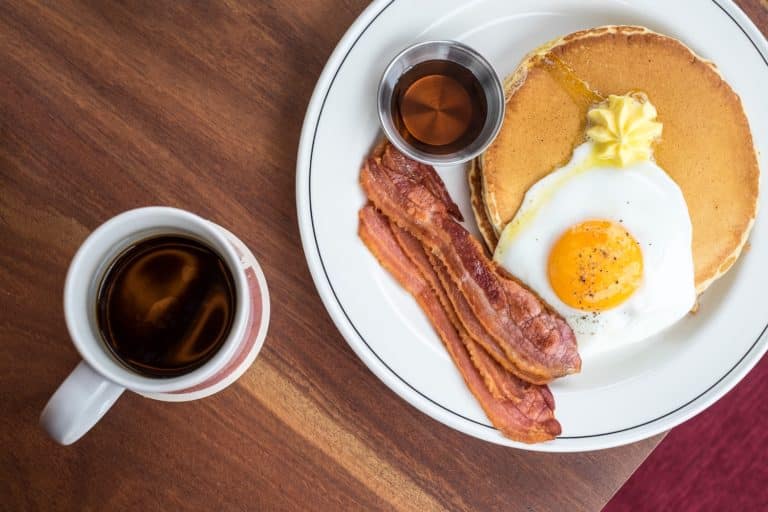Mortgage interest rates fluctuate daily, sometimes even from hour to hour. Market factors can send rates up one day and then back down the next. There’s no sure-fire way to know when rates will change – though there are plenty of finance professionals who dedicate their entire careers to trying to master the art of predicting when rates will go up or down.
Wall-street types might trade stocks and bonds and other financial instruments in fast-paced, minute-to-minute transactions. You? You’re just trying to get a mortgage here. And realistically, the process of buying and financing a home can take weeks.
What is a rate lock?
A rate lock protects borrowers from some of the up-and-down nature of interest rates in the market.
With a rate lock, a lender agrees to offer the borrower an exact interest rate for some set window of time. If the market interest rates go up, the rate you’re being offered for your mortgage will remain steady, at least for the time frame specified by your lender.
A lender might charge a specific fee for a rate lock, either in points or as part of an application fee. Some lenders offer ‘free’ or ‘no-fee’ rate locks, though wise buyers should realize that ‘no-fee’ rate locks generally mean that your lender is accounting for the cost of the rate lock somewhere in the other fees for your mortgage.
Why are rate locks important?
The interest rate on your mortgage is a pretty big factor in how much you’ll wind up paying on your mortgage each month. A home that was affordable at a lower interest rate might suddenly be out of reach if the interest rate goes up.
With a rate lock, a lender gives you the terms they’re willing to offer you for your mortgage right now, based on everything you’ve told that lender about yourself and your finances and the home you’re buying. As a borrower, you can use that precise interest rate to calculate the exact amount you’ll need to pay the lender back over the coming months and years.
Also, it takes a little while to complete all of the inspections and assessments and paperwork necessary for a mortgage. Most lenders offer rate locks for 30-, 45- or 60-days: if for some reason you aren’t able to close in the specified time frame, your lender may be willing to extend the rate, possibly for a fee.
The exact terms of rate locks are going to vary from lender to lender, so be sure to ask questions if you’re not sure about the specifics.
Can my interest rate change even with a rate lock?
Yes. Keep in mind, the interest rate specified by a rate lock might not remain in place if there are big changes to your mortgage application. If your credit score goes down because you make a large purchase, or if your home appraises for significantly higher or lower than the selling price, your lender may not be willing to honor the interest rate you’ve locked in. (Failing to understand how your credit impacts your mortgage prospects is a common mortgage mistake. Check out these other mortgage traps to avoid.)
What happens if interest rates go down?
It’s possible that rates may drop a little bit between when you lock in your interest rate and when it’s time to finalize your mortgage.
Remember, the goal of a rate lock is to prevent a potentially unmanageable interest-rate increase from wrecking your home buying dreams. A rate lock doesn’t guarantee that you’ll get the absolute rock-bottom, lowest possible interest rate in the history of interest rates, though a rate lock should give you some peace of mind as you finalize your home purchase.
In most cases, backing out of a mortgage at the last minute because rates might be slightly lower elsewhere isn’t worth the lost deposit or application fees, or the risk that interest rates might not stay lower in time for you to take advantage of the drop. Interest rates can rise and fall rapidly– that’s why lenders offer rate locks in the first place.







